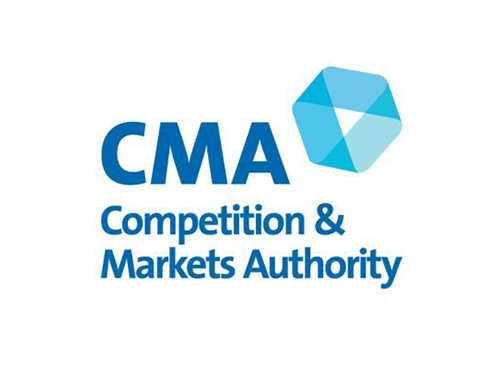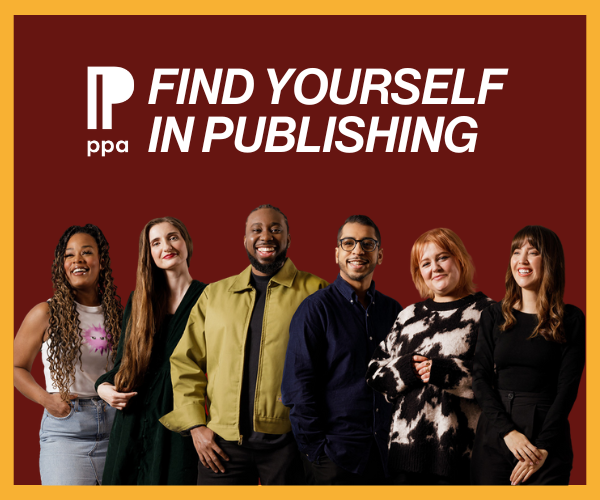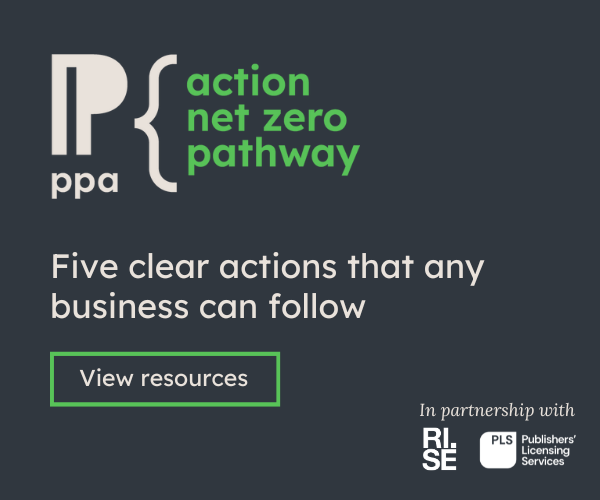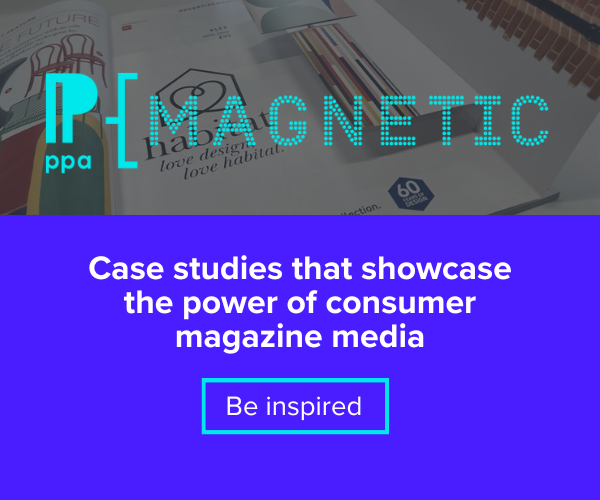What was it that made you want to work in the publishing industry?
I went to business school and as part of my degree I was required to do eight week internships in the holidays, one of which was at The Times where I worked for the Managing Editor. I loved it and decided that I wanted to run a publishing company one day – and that’s what I ended up doing!
Chart your career from the start to where you are now.
I knew that I wanted to run my own business one day. As well as working at The Times I also did an internship where I worked for someone called Ian McAuliffe (yes, I ended up setting up Think with him, and marrying him), who was setting up a graduate recruitment magazine.
When I left university, we were in the middle of a global recession, so I got in my car and I drove to Paris as I spoke French. I was there for four years and worked in the advertising sales department of American Vogue for the first two years. I learnt a lot and really enjoyed the marketing and branding side. I then became a strategic planner at Lintas, the ad agency, now Grey. I came back to London and became New Business and Marketing Director of Lynne Franks PR, which later became Ketchum. It was then that Ian approached me to join him at his start-up, Think. 20 years later I’m still here as co-owner.
What is the difference between the Think Publishing you started at in 2000 and the Think Publishing of 2020?
Is there anything that’s the same with publishing companies then and now!? The big change has got to be digital, but also cost of entry. In 2000 the biggest decision was whether our designers would be on InDesign or Quark. Now you must invest in all the digital infrastructure, like its ad tech, e-mails newsletters, social platforms, video, web etc. There are so many specialisations, you can’t have one person that is Head of Digital. At the same time, you’ve still got readers who need to be engaged. In some ways though they are more engaged. For a while there was nearly no way of getting to 18-24 year olds, because they didn’t read the papers or magazines, they didn’t watch TV and they didn’t listen to commercial radio. Now, you’ve just got to pick your route.
On top of that, Think has changed in that we are now media owners as well as a publishing agency. Taking the plunge two and a half years ago and buying Wanderlust was a big deal for us at the time but absolutely brilliant – one of the best things we’ve done.
You recently acquired Morris Visitor Publications. What motivated this decision?
The Morris brands, Where, In London, London Planner and Where Paris, all of which we have acquired are so complementary to Wanderlust. The Morris brands are for in-bound travellers who have come to the UK or Paris and want ideas of what to do, whereas Wanderlust is for outbound travellers who are at home planning their travels. Morris approached us and Billy Morris, their chairman, loves Wanderlust, so he has kept a minority shareholding. It has been a really acquisitive year because we have also invested in Welbeck Books (formerly Carlton Books) and L’Effet, a luxury shopping app for Chinese travellers. I am a board director of both. L’Effet ties in nicely with Where, which has a Chinese edition, and Welbeck Books means if any of our brands has an interest in book publishing, we’ve got an outlet for them. As you can see, 2019 saw massive change.
We are increasingly seeing small and big publishers merging – why do you think consolidation is becoming so important in the publishing industry?
Consolidation has always happened. Once you get to a certain size, you have economies of scale and you have cash in the bank, you naturally become acquisitive. The more these big publishers consolidate, the more opportunities there are for smaller niche publishers. If you are setting up a company or looking for a publisher, you now have these monoliths that you can go to for investment and advice. When we set up, we realised we were a street away from John Brown Media. I rang John up out of the blue and he has since been a font of knowledge. I would advise other small boutique publishers to give Ian or me a call as you never know where it may lead.
What has been the highlight of your career so far?
This year has been amazing but when I was at Vogue, my boss needed somebody to get on a plane to deliver a dress to Madonna in New York, so I did. It was so surreal and fabulous, within 24 hours I was back at my desk wondering if it had actually happened.
What would people be surprised to know about your job?
I went into politics and I chair the Business and Entrepreneurs Network for the Liberal Democrats. Now I am a board member and trustee of Demos, the think tank. The surprising thing is how much they crossover with deals, investments and publishing contacts. People who work in politics and think tanks are very publishing-minded.
What advice would you give to your younger self, starting Think Publishing in 1999?
Reinvent yourself, pivot, take a few risks but not too many. Invest in a CRM system that works. We still haven’t got it right! Historically we have been very risk averse but it has meant that we have never investment or borrowings and we are still 100% owners of Think. But now we are finally taking our own advice.
What would be in your Room 101?
Discrimination of any sort, and CRM Systems.
What magazine would be your long train journey read?
Readly? But if I was to take one it would probably be the _New Statesman. _





